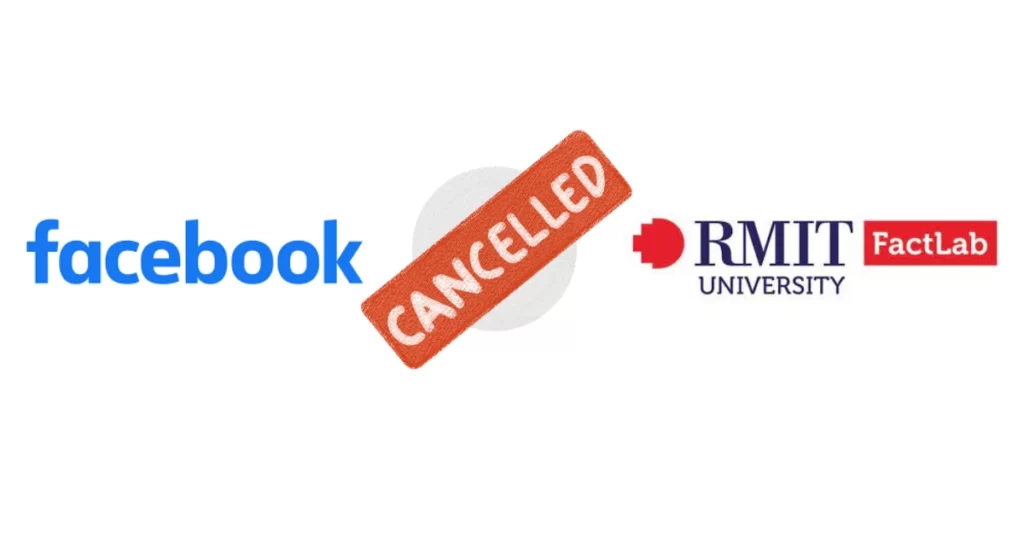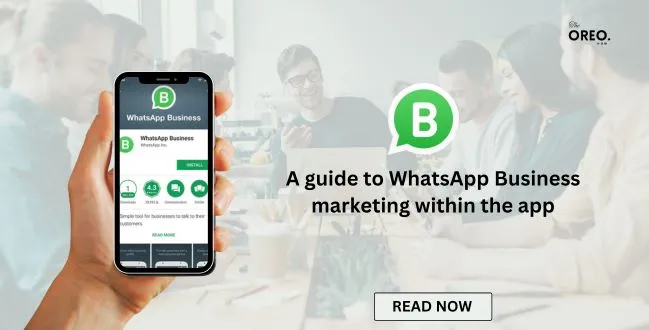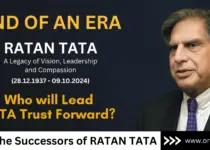Facebook Ends Partnership with FactLab Over Indigenous Voice to Parliament
Facebook has ended its partnership with RMIT University’s FactLab after receiving complaints about bias over the Indigenous Voice to Parliament.
The complaints stemmed from a fact check by FactLab that labeled a post by Sky News Australia host Peta Credlin as “false information”.
Credlin’s post was about the Uluru Statement from the Heart, which calls for a constitutionally enshrined Indigenous Voice to Parliament. FactLab said that Credlin’s post was false because it claimed that the Uluru Statement was not supported by the majority of Indigenous Australians.
FactLab is a non-partisan organization. Its fact checks are based on evidence and expert opinion. However, it is also possible that FactLab made a mistake in its fact check of Credlin’s post. Ultimately, it is up to each individual to decide whether or not they believe that FactLab’s fact checks are accurate.
Facebook has said that it is committed to providing accurate and unbiased information on its platform. The company said that it will continue to work with fact-checking organizations, but that it will also take other steps to combat misinformation, such as labeling misleading content.
Why did Facebook End its Partnership with FactLab?

In June 2023, Peta Credlin, a conservative commentator and host of Sky News Australia, posted a video on Facebook claiming that the Uluru Statement from the Heart was not supported by the majority of Indigenous Australians.
FactLab, a fact-checking organization at RMIT University, reviewed Credlin’s video and labeled it as “false information”. FactLab said that Credlin’s claim was based on a survey that was conducted by a conservative think tank and that the survey was not representative of the views of all Indigenous Australians.
Credlin and other supporters of the No campaign to the Indigenous Voice to Parliament complained to Facebook about FactLab’s fact check. They accused FactLab of bias and of targeting anti-voice opinions or views.
Facebook responded to the complaints by suspending its partnership with FactLab. The company said that it was taking the complaints seriously and that it would review FactLab’s fact checks.
FactLab has defended its work, saying that it is committed to providing accurate and unbiased information. The organization said that it is open to feedback and that it is always willing to correct mistakes.
FactLab’s defense
FactLab’s defense is that it is an unbiased organization committed to accurate information. They follow a strict fact-checking process based on evidence and expert input. They’re transparent about their methods.
They debunked Peta Credlin’s false claim after considering various factors: the conservative think tank’s survey was not representative of Indigenous Australians’ views; other surveys showed support for the Uluru Statement; Indigenous leaders and groups endorsed it.
FactLab aims to provide accurate and impartial fact checks, backed by recognition from entities like Poynter Institute and Australian Associated Press. They’re open to meeting Credlin and No campaign supporters to discuss concerns and share their fact-checking process.
They believe their work is accurate and anticipate Facebook reinstating their partnership. This statement is conclusive, addressing key points, reaffirming their commitment, and showing openness to dialogue.
Was Facebook’s move legit?
It is difficult to say definitively who was at fault in the case of Facebook and FactLab. Both parties have valid points.
FactLab argues that their fact check on Peta Credlin’s post was accurate and unbiased. They point to the fact that they have a long history of providing accurate fact checks and that they are accredited by the International Fact-Checking Network. They also offer to meet with Credlin and other supporters of the No campaign to discuss their concerns.
Facebook argues that they have a responsibility to ensure that the information on its platform is accurate and unbiased. They say that they take complaints about bias seriously and that they will review FactLab’s fact checks. They also say that they are committed to working with fact-checking organizations to combat misinformation.
The decision by Facebook to end its partnership with FactLab is a significant one. It raises questions about the role of fact-checking organizations in the digital age. It also highlights the challenges of ensuring that fact-checking is done in a fair and impartial way.
However, Facebook’s decision has met with mixed reactions. Some people praised the decision, saying that it was necessary to ensure that fact-checking organizations are impartial. Others criticized the decision, saying that it was an attempt by Facebook to silence dissenting voices.
Must Read: Samsung Rumored to be Working on 440MP and 1-Inch Camera Sensors




One Comment